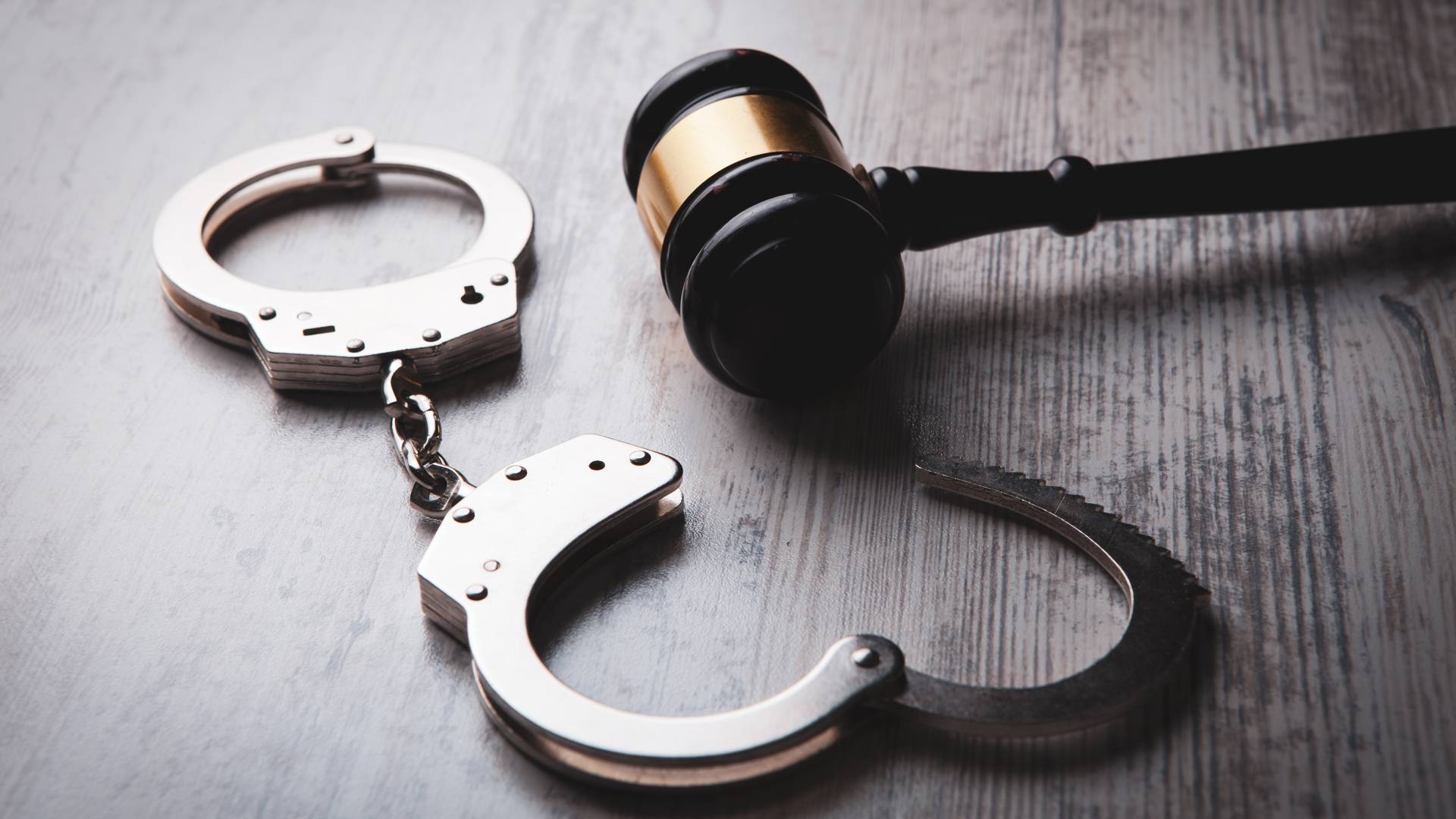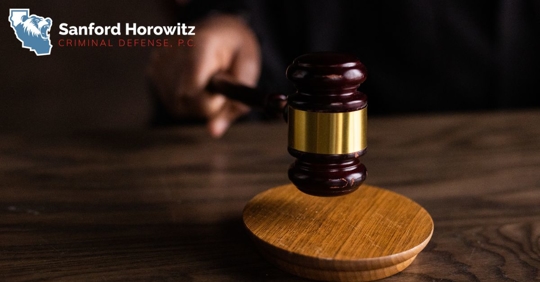Understanding the Sentencing Process in Criminal Cases
The sentencing process in criminal cases is a complex and multifaceted procedure that involves various legal actors and numerous influencing factors. Understanding this process is crucial for anyone involved in or affected by criminal proceedings. This article aims to shed light on the roles of judges, juries, prosecutors, and defense attorneys in sentencing, as well as the external factors that can sway these decisions. By looking into these topics, readers will gain a comprehensive understanding of how sentencing decisions are made and the potential avenues for reform within the system.
Role of the Judge in Sentencing
Judicial Discretion
Judges play a pivotal role in the sentencing process, wielding significant discretion to determine appropriate sentences within the confines of the law. This discretion allows judges to consider a variety of factors, such as the nature and severity of the crime, the defendant's criminal history, and any mitigating or aggravating circumstances. While judicial discretion is essential for tailoring sentences to individual cases, it also requires judges to balance fairness and consistency. Judges must adhere to legal guidelines and precedents, ensuring that their decisions align with established standards while also considering the unique aspects of each case.
Sentencing Guidelines and Pre-Sentence Reports
Federal and state sentencing guidelines serve as a framework for judges, providing recommended sentencing ranges and mandatory minimums for various offenses. These guidelines aim to standardize sentencing practices and reduce disparities, but they also limit judicial discretion in certain cases. In addition to guidelines, pre-sentence investigation reports play a crucial role in shaping judicial decisions. These reports offer detailed background information on the defendant, including their personal history, employment record, and any psychological evaluations. By providing a comprehensive overview of the defendant's circumstances, pre-sentence reports help judges make informed decisions that consider both the legal guidelines and the individual’s background.
Influence of the Jury in Sentencing
Jury's Role in Capital Cases
In capital cases, the jury's involvement in sentencing decisions is particularly significant. Juries are tasked with weighing aggravating and mitigating factors to determine whether a defendant should receive the death penalty or a lesser sentence. This process requires jurors to carefully consider the evidence presented during the trial, as well as any additional information related to the defendant's character and circumstances. The jury's decision in capital cases carries immense weight, as it directly impacts the defendant's fate and reflects societal values regarding justice and punishment.
Advisory Sentencing
In some jurisdictions, juries may provide advisory sentences in non-capital cases, offering recommendations that judges can consider when determining the final sentence. Although these advisory sentences are not binding, they can influence a judge's decision by reflecting the community's perspective on appropriate punishment. Judges may take these recommendations into account, especially when they align with legal guidelines and the evidence presented during the trial. However, judges ultimately have the authority to impose a different sentence if they believe it better serves the interests of justice.
Prosecutor's Influence on Sentencing
Plea Bargaining
Prosecutors hold considerable sway over sentencing outcomes through the process of plea bargaining. By negotiating plea deals with defendants, prosecutors can influence the charges brought against them and the resulting sentences. Plea bargains often involve defendants agreeing to plead guilty to lesser charges in exchange for reduced sentences, allowing prosecutors to secure convictions without the need for a lengthy trial. While plea bargaining can expedite the legal process and reduce court congestion, it also raises concerns about fairness and the potential for coercion, as defendants may feel pressured to accept deals even when they believe they are innocent.
Charge Decisions
The charges that prosecutors choose to pursue can significantly impact potential sentences, as different charges carry varying sentencing ranges and penalties. Prosecutors have the discretion to decide whether to charge defendants with lesser or greater offenses, which can influence the severity of the sentence imposed. This decision-making process involves weighing the evidence, the seriousness of the crime, and the likelihood of securing a conviction. By strategically selecting charges, prosecutors can shape the trajectory of a case and the eventual sentencing outcome, highlighting the importance of prosecutorial discretion in the criminal justice system.
Defense Attorney's Role in Sentencing
Advocacy for Leniency
Defense attorneys play a critical role in advocating for leniency during the sentencing phase. By presenting mitigating evidence, such as the defendant's lack of prior criminal history, mental health issues, or efforts at rehabilitation, defense attorneys aim to persuade judges to impose reduced sentences. They may also propose alternative sentencing options, such as probation or community service, that align with the defendant's circumstances and the interests of justice. Effective advocacy requires defense attorneys to craft compelling arguments that highlight the defendant's positive attributes and potential for reform, emphasizing the importance of individualized sentencing.
Sentencing Memoranda
Sentencing memoranda are powerful tools used by defense attorneys to influence judicial decisions. These documents provide a detailed account of the defendant's background, character, and circumstances, offering a narrative that supports a more lenient sentence. By strategically presenting information that humanizes the defendant and underscores their potential for rehabilitation, sentencing memoranda can sway judges to consider alternative sentencing options. Defense attorneys must carefully craft these memoranda to ensure they are persuasive and supported by evidence, demonstrating the importance of thorough preparation and effective communication in the sentencing process.
External Factors Influencing Sentencing Decisions
Public Opinion and Media
Public opinion and media coverage can indirectly impact sentencing decisions, particularly in high-profile cases that capture widespread attention. Judges may feel pressure to impose harsher sentences in response to public outcry or media scrutiny, even when legal guidelines suggest otherwise. This influence underscores the importance of maintaining judicial independence and ensuring that sentencing decisions are based on the law and the evidence rather than external pressures. However, public sentiment can also drive legislative changes and reforms that shape sentencing practices, highlighting the complex interplay between public opinion and the criminal justice system.
Legislative Changes and Sentencing Commissions
Legislative changes and the work of sentencing commissions play a crucial role in shaping sentencing practices and judicial discretion. Criminal justice reform initiatives, such as efforts to reduce mandatory minimums or address sentencing disparities, can lead to significant changes in how sentences are determined. Sentencing commissions, which are tasked with establishing guidelines and recommending reforms, work to ensure fair and consistent sentencing practices across jurisdictions. By analyzing data and evaluating the impact of existing policies, these commissions contribute to ongoing efforts to improve the criminal justice system and promote justice for all individuals involved.
Conclusion
Understanding the intricate dynamics of the sentencing process in criminal cases is essential for anyone navigating the criminal justice system. From the roles of judges, juries, prosecutors, and defense attorneys to the influence of external factors like public opinion and legislative changes, numerous elements contribute to the final sentencing decision. By gaining insight into these processes, individuals can better comprehend the complexities of the system and advocate for fair and just outcomes.
If you or a loved one are facing criminal charges in Santa Barbara, CA, it's crucial to have a knowledgeable and experienced legal team on your side. Sanford Horowitz Criminal Defense is dedicated to providing comprehensive legal representation and advocating for the best possible outcomes. Contact us today to learn more about how we can assist you in navigating the criminal justice system.

